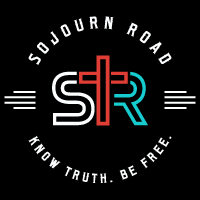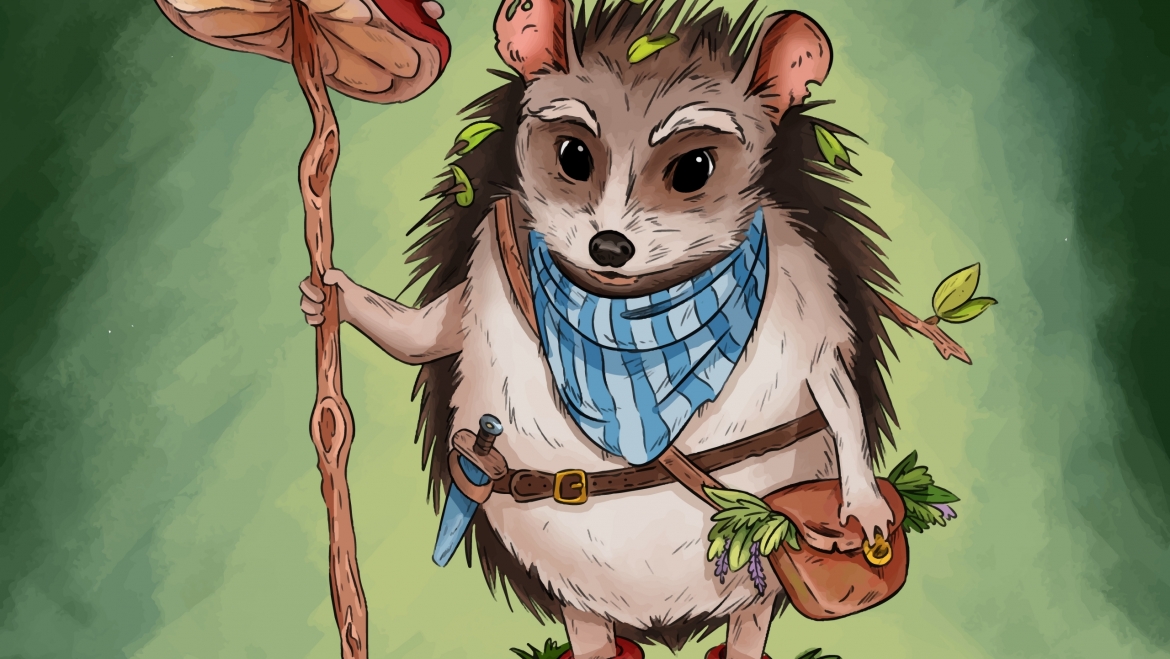Don’t tell me the moon is shining; show me the glint of light on broken glass”
– Anton Chekhov
Long before I ever made my living with persuasive writing as an attorney, I enjoyed the hobby of creative writing. Creative writing has always served as an outlet for me that reduces my stress and gives me something to share with others close to me. It has always felt rewarding to create a fantastical place, or to develop a character and and take her on a journey that will shape her into a new maturity.
Years ago, I traded in my office for the amazing, yet difficult job of raising my children, Grant (now 10 years old), Lexi (now 6 years old), and Hope (now 3 years old). A few years later, God led me to begin homeschooling. I have now been homeschooling for six years and, during this time, I’ve happened upon many homeschooling parents who have expressed trepidation at the idea of teaching writing to their own children. While I was in my element teaching this subject, some of my friends felt more like it was a punishment and they expressed a desire to outsource this subject. The more I connected with homeschooling parents, the more I realized that many of them felt the same way. With this in mind, I decided to offer this creative writing course so homeschooling parents can outsource the writing portion of schooling, while still enjoying all of the other parts of their homeschooling days.
Creative Writing I (Grades 5-6)
Fall Semester Course 2020 (18 Weeks)
Course Description
Duration: August 18, 2020 – December 15, 2020
Course A
Live Online Classes: Tuesdays and Thursdays @ 3:30 pm – 4:30 pm (EST)
This full semester course is an introduction to the art of creative writing, focusing on the genres of personal narrative, descriptive writing, and fictional creative story writing. Students will learn and apply the writing process for a paragraph across the genres covered in the course.
Students will become familiar with the elements of story writing, as well as the process for brainstorming and outlining concepts in the pre-writing stage. This process will foster the student’s ability to think through their ideas logically and express them in an orderly way that makes sense to the reader. Students will learn and apply the processes of pre-writing, writing, revising/editing, and post-writing with peer feedback with the Lerman Method For Critical Feedback.
Objectives
1. Students will become familiar with the writing processes in the genres of personal narrative writing, descriptive writing, and fictional story writing.
2. Students will learn and apply various writing devices, including similes, metaphors, personification, imagery, comparisons, and perspective in writing workshops and class exercises.
3. Students will learn to edit and revise drafts based feedback during writing workshop days and 1-on-1 writing conferences with Ms. Jessie.
Course Content
The Writing Process for a Paragraph |
Students will learn to read and identify the main topic in a paragraph and engage in writing exercises designed to encourage students to stay on the main topic within their paragraphs. Further, the course will introduce the stages of writing, including the outlining process for rough and final outlines, as well as the drafting process of completing the rough draft, editing the rough draft, and completion of the final draft. This process will take students through clearly defined steps for outlining and drafting with writing worksheets designed to keep their ideas organized. Students will apply these concepts to draft a narrative writing.
Descriptive Writing & Transition to 4 Paragraph Writing |
Students will explore the various writing devices of descriptive language to transition from the one paragraph writing to four paragraph writing. The course will review methods of improving sentences with adverbs, adjectives, prepositional phrases and comparing adjectives. Further, students will learn how to develop imagery with similes, metaphors, and personification. Ultimately, students will apply these concepts with descriptive writing.
Creative Story Writing |
Students will become familiar with the elements of a creative story. The course will teach students how to develop the character(s), setting, plot, and the climax/turning point of the story. Further, students will explore the use of differing points of view and perspective as methods to draft a creative story. Students will apply this knowledge in the drafting of multiple creative stories.

